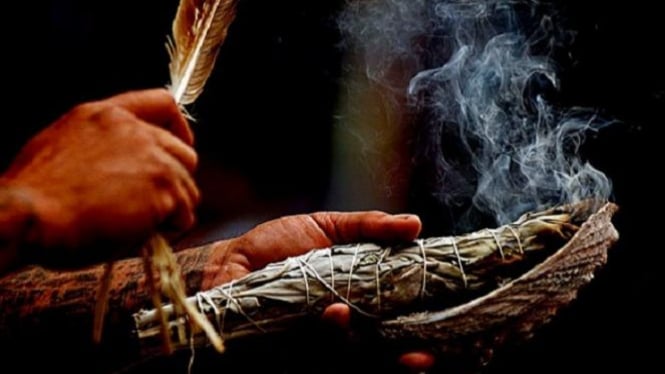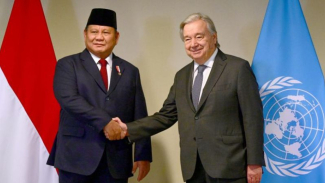Four out of Ten People Worldwide Still Believe in Witchcraft
- U-Report
VIVA – According to a survey, four out of ten people in the world still believe in witchcraft. Witchcraft or the concept that people can use supernatural abilities to cause harm is a belief that varies widely between countries.
Only 9 percent of people in Sweden believe in witchcraft, while more than 90 percent of people in Tunisia believe some people have evil powers.
The belief in witchcraft may be as old as humanity itself. The oldest cave art in Britain, for example, may have been 'witch marks' carved to ward off evil spirits. While the oldest written example of God's name in Hebrew found on a 3,200-year-old 'curse tablet', was meant to curse someone who broke an oath.
The idea that humans can cast curses is present in major world religions, including Christianity, Judaism, Islam, and Hinduism, according to a 2021 Pew Research Center survey. Then, in the new study, researchers used a large data set collected over six waves between 2008 and 2017 by the Pew Research Center.
ilustrasi terkena sihir.
- U-Report
In all, 140,000 people across 95 countries and five continents were asked a series of questions related to their belief in witchcraft, such as whether they believed in the evil eye and that certain people can cast curses or spells that cause bad things to happen to someone.
Based on the Pew sample, the researchers estimate that at least one billion people worldwide believe in witchcraft. Women, city dwellers, and younger people are more likely to believe in such supernatural powers.
But those with more education, more finances, and living in smaller homes are usually accompanied by less belief in witchcraft. Such beliefs were nonetheless found in people across the educational and socioeconomic spectrum.
For example, people with an 'excellent' economic situation were only 6 percent to 7 percent less likely to believe in witchcraft than people with a 'very poor' economic situation according to the study published November 23 in the journal One PLOS.
So, it's no surprise that those who are religious are more likely to believe that some humans have magical powers, according to the Live Science website, Friday, November 25, 2022.
"Overall, religious belief and magic, both centered on the key role of supernatural forces in life, go hand in hand," the researchers wrote in the study.
People in countries with weak institutions, low levels of social trust, a greater emphasis on conformity, and a greater bias towards in-group people are also more likely to believe in witchcraft.





























